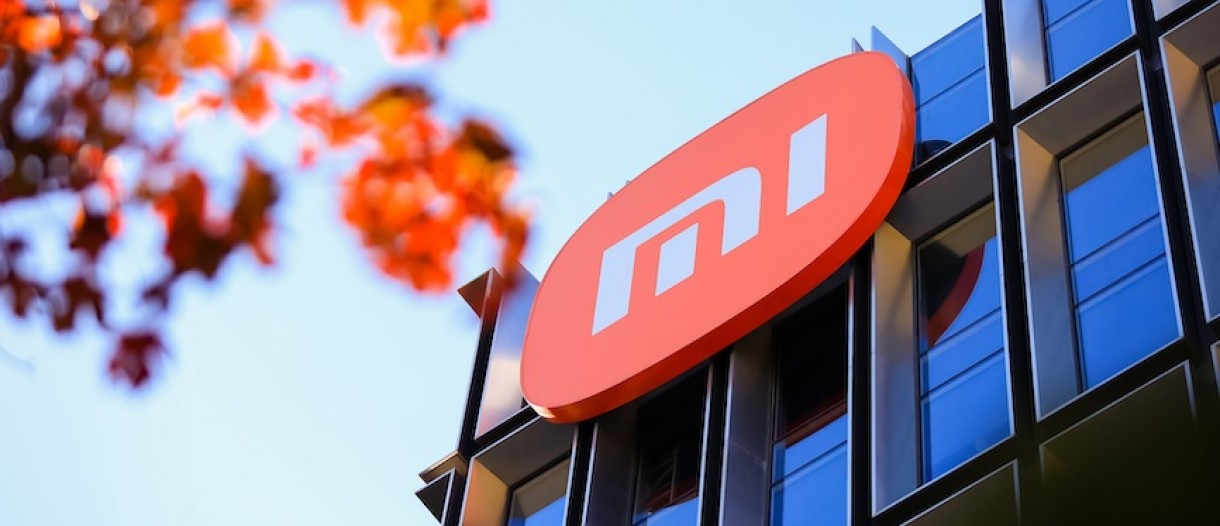Here are all the combinations that are under consideration from the R&D center in Nanjing Science and Technology Park, China.
| Capacity | Rate | Full charge |
|---|---|---|
| 5,000 mAh | 120W | 18 minutes |
| 5,500 mAh | 100W | 34 minutes |
| 6,000 mAh | 120W | 30 minutes |
| 6,500 mAh | 100W | 49 minutes |
| 7,000 mAh | 120W | 40 minutes |
| 7,500 mAh | 100W | 63 minutes |



Isn’t the consensus that super-fast charging is terrible for battery life?
Not at all. It’s heat which is bad for battery instead of charging speed. Modern day charging standards like Supervooc push the heat to the charger and also charge two batteries simultaneously which reduces heat generation.
You can read more about Supervooc here: https://www.androidauthority.com/supervooc-fast-charging-686000/
still a good feature to have regardless. i like overnight charging at 10W but if i forgor then its useful. xiaomi has a night time slow charging mode too i think so you may not even need a separate charger.
Yeah, my realme smart phone also has a smart charging mode. It will intelligently charge my phone to 80% and slow charge to 100% in the morning. But, any other time it’s regular speedy charging.
Exactly. My nightstand has a plain ol’ USB 2.0 slow charger, which is plenty to get it fully charged overnight. On light days, that’s all I need.
I have a USB-PD charger on my desk and in my travel bag, which I’ll use to get me through the day as needed, but my phone only takes 20W max IIRC. There’ve certainly been times when traveling when I wished it could charge much much faster, because I don’t have access to power for long stretches of time.
I used to have a OnePlus phone, which used SuperVOOC instead of just USB-PD. Much faster and I never had heat issues. I’d love to see SuperVOOC adopted more outside of China. I think OnePlus is the only brand with SuperVOOC sold in my country.